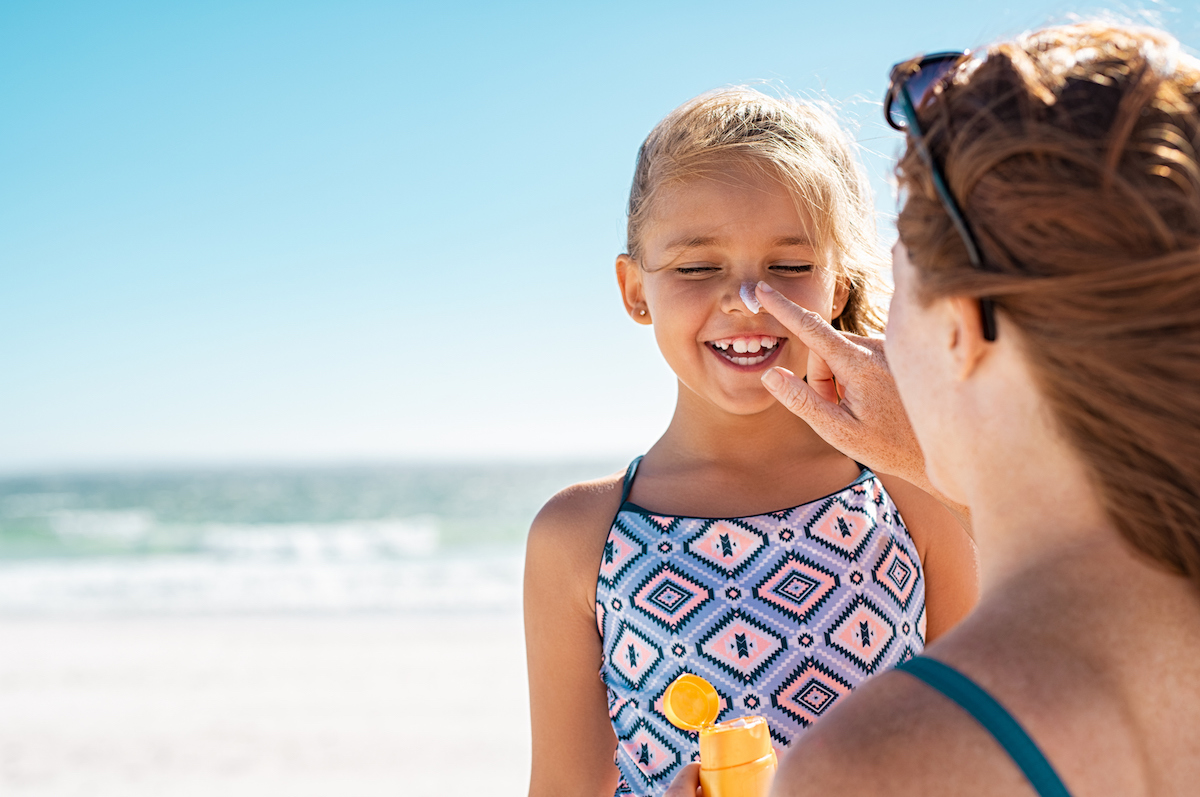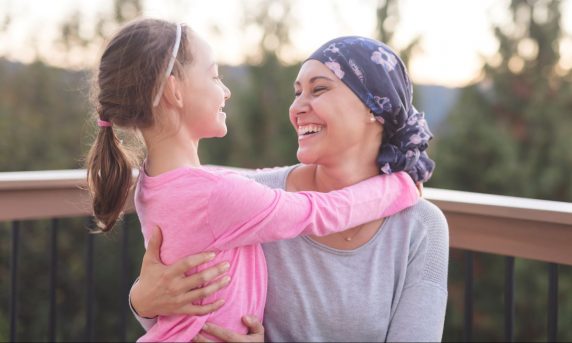U.S. Sen. Richard Blumenthal, at a Wednesday morning media briefing at Hartford Hospital, urged the Food and Drug Administration to accelerate an order addressing sunscreen marketing after a New Haven laboratory found 78 of 294 sunscreens it analyzed contaminated with a human carcinogen.
The tests of sunscreen products from 69 companies revealed elevated levels of benzene from familiar names such as Banana Boat, Neutrogena, CVS Health, Walgreens and Equate (Walmart). Fourteen samples contained 2.78 to 6.26 parts per million of benzene. The FDA currently limits benzene to no more than 2 ppm in products. Benzene, a manufacturing building-block chemical, is not listed as an ingredient on any of the sunscreen products.
“Tell the American public truthfully and transparently whether these sunscreen products are safe and effective and what precautions need to be taken,” said Blumenthal. “Some of the ingredients may cause allergies, bleeding, skin irritation and even cancer.”
The FDA, as part of last year’s CARES Act (Coronavirus Aid, Relief, and Economic Security), must issue a proposed order addressing sunscreens by Sept. 27. Blumenthal, after test results released by Valisure, said waiting until the fall unnecessarily endangers the health of anyone using the contaminated sunscreen.
“There’s a legal responsibility, but also a moral imperative,” said Blumenthal, “that the FDA tell . . . what ingredients there are and whether it’s safe and effective and properly labeled. I hope the FDA will fulfill that responsibility. It isn’t a matter of discretion.”
Here are seven sunscreens tested with the highest levels of benzene (includes batches of the same sunscreen with different expiration dates):
- Neutrogena Ultra Sheer Weightless Sunscreen Spray, SPF 100+: 6.26 ppm.
- Neutrogena Ultra Sheer Weightless Sunscreen Spray, SPF 70: 5.96 ppm.
- Neutrogena Ultra Sheer Weightless Sunscreen Spray, SPF 70: 5.76 ppm.
- Sun Burn Cool Down Gel (SPF not available): 5.33 ppm.
- Neutrogena Ultra Sheer Weightless Sunscreen Spray, SPF 70: 5.30 ppm.
- Neutragena Beach Defense Oil-Free Body Sunscreen Spray, SPF 100: 5.20.
- CVS Health After-sun Aloe Vera Soothing Spray (SPF not available): 4.71 ppm.
You can find the full list of sunscreens tested by Valisure that contain high levels of benzene here. (Scroll down to Table 2.)
“It’s absolutely critical that the American public feel confidence and trust in the products that they are buying to protect themselves and their families,” said Dr. Peter Yu, physician-in-chief of the Cancer Institute, who joined Blumenthal and Valisure CEO David Light at the media briefing, “that a mother who’s putting a sunscreen or sunblock on their child feels that is the right thing to do and the right product to have.”
High levels of benzene can cause cancer, notably leukemia and other blood cancers. The FDA says benzene should be used in manufacturing only if unavoidable and the product is a significant therapeutic. Even then, benzene should be limited to 2 ppm “unless otherwise justified,” says the FDA.
“Benzene is one of the most studied and concerning carcinogens known to science,” said Light, a co-founder of Valisure, an independent laboratory partnered with an online pharmacy. “It is a Class 1 known human carcinogen, according to the U.S. Department of Health and Human Services, the World Health Organization and man other regulatory agencies. That puts it in the same category as asbestos or formaldehyde.”
Light said the FDA currently offers no guidance for a daily exposure limit to benzene, “which is especially problematic for products like sunscreen used in very high volumes compared to standard, small oral medications.”
For information about skin cancer, visit the Hartford HealthCare Cancer Institute’s new Melanoma and Skin Cancer Center here.



